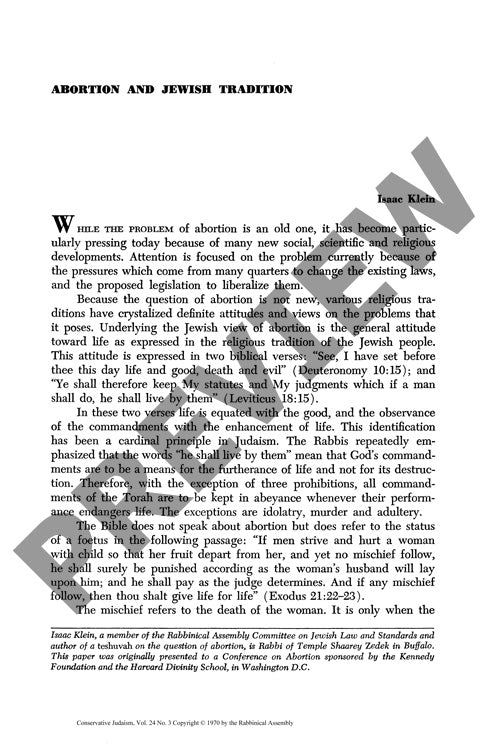Abortion and Jewish Tradition
Couldn't load pickup availability
Jewish legal tradition has long maintained a nuanced position on abortion that defies simple pro-choice or pro-life categorization. While not equating abortion with murder, as the fetus is not considered an independent life until birth, Jewish law generally prohibits the procedure except for therapeutic purposes. Through systematic analysis of biblical, talmudic, and rabbinical sources, this research traces how Jewish legal interpretation has evolved from classical authorities like Rashi and Maimonides through contemporary cases. The methodology examines primary religious texts chronologically, beginning with biblical foundations in Exodus regarding fetal status and proceeding through Mishnaic and Talmudic discussions to modern responsa. Rabbinical authorities have demonstrated increasing flexibility in defining "therapeutic" to include psychological and indirect health threats to the mother, with greater permissibility during earlier stages of pregnancy. Contemporary responsa specifically address complex modern cases involving thalidomide exposure, rape, and mental health considerations. The evidence reveals that Jewish tradition supports therapeutic abortion with liberal interpretation while maintaining the principle of life's sanctity—rejecting unrestricted abortion rights but allowing for circumstances threatening maternal health broadly defined to include physical and psychological wellbeing.

More Information
-
Physical Description
-
Publication Information
Published 1970
ISBN
-
Publication Credits
Isaac Klein

